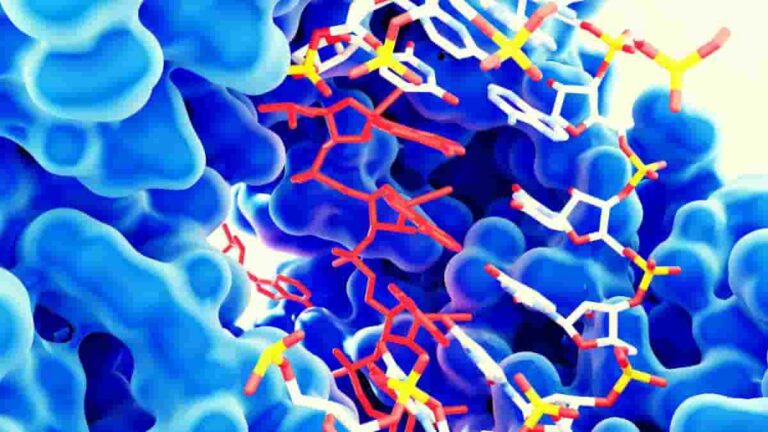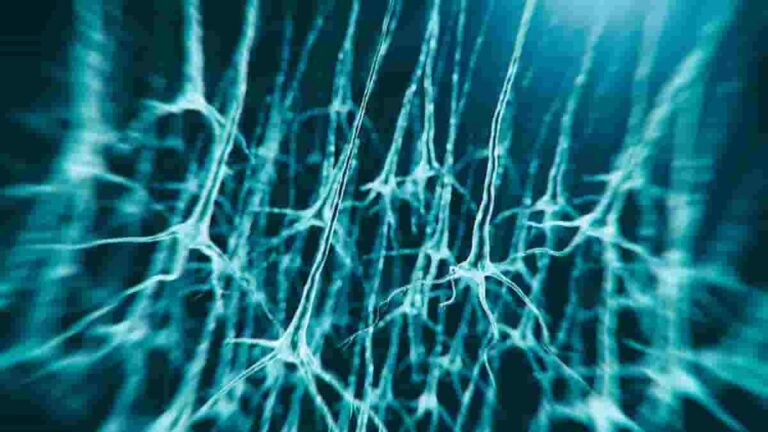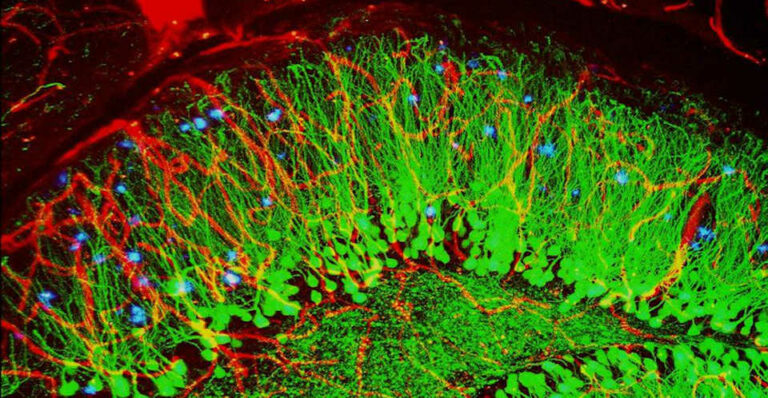Parkinson’s disease, the world’s fastest-growing brain condition, may be fueled by a common and widely used chemical, new research indicates. Since the beginning of the 20th century, trichloroethylene (TCE) has been utilized to decaffeinate coffee, degrease metal, and dry clean clothing. It contaminates the Marine Corps base Camp Lejeune, fifteen toxic Superfund sites in Silicon…
Category: Neurology
Mediterranean Diet Linked with Lower Dementia Risk
A new study suggests that consuming a traditional Mediterranean-style diet may reduce the risk of dementia by nearly a quarter. Experts at Newcastle University found that people who ate a diet rich in foods such as seafood, fruit, and nuts had up to 23% lower risk for dementia compared to those who did not. This…
Adjusting Messenger RNA can Relieve Symptoms of Alzheimer’s
According to a new study, reducing the methylation of a critical messenger RNA can increase the migration of macrophages into the brain and alleviate symptoms of Alzheimer’s disease in a mouse model. The findings, from Rui Zhang of Air Force Medical University in Xian, China, may give a new therapeutic target for Alzheimer’s disease by…
Nicotinamide Riboside Linked to Lower Alzheimer’s Brain Biomarkers
A researcher at the University of Delaware College of Health Sciences, working with a team at the National Institute on Aging, a division of the National Institutes of Health, has discovered for the first time that the naturally occurring dietary supplement nicotinamide riboside (NR) can enter the brain. The finding is significant because it supports…
ApoE4 from Neurons Has Bigger Impact on Alzheimer’s than Previously Thought
Neuronal APOE4 is essential for the development of Alzheimer’s disease’s major pathologies, new research indicates. The strongest genetic risk factor for developing late-onset Alzheimer’s disease is a gene for a protein called ApoE4. On average, people with one copy of this gene are 3.5 times more likely to develop Alzheimer’s disease than those without it,…
Late-onset Cerebellar Ataxia Genetic Cause Identified
Researchers have identified a previously unknown genetic cause of late-onset cerebellar ataxia. The finding will help with diagnosis and open up new treatment options for this progressive disease. Late-onset cerebellar ataxias (LOCA) are a diverse group of neurodegenerative diseases that cause unsteadiness in adults. Cerebellar ataxia is a type of ataxia that begins in the…
Ergothioneine In Blood May Predict Dementia Risk
An increased risk of cognitive decline and dementia in older adults may be predicted by low levels of ergothioneine in blood plasma, suggests a recent study. The results point to potential therapeutic or early detection methods for dementia and cognitive impairment in the elderly. More than a century ago, the French pharmacist Charles Joseph Tanret…
Transcranial Photobiomodulation Enhances Short Term Memory
A new study found that transcranial photobiomodulation, a type of laser light therapy, improved short-term memory. Scientists from the University of Birmingham in the United Kingdom and Beijing Normal University in China demonstrated that the non-invasive therapy could improve people’s short-term or working memory by up to 25%. The right prefrontal cortex of the brain…
Kinesin-5 Gene May Protect Against Alzheimer’s Disease
According to a new study, cognitive decline in both mice and humans with Alzheimer’s disease (AD) may be protected by the overexpression of a gene linked to cell division and the structure and function of neurons. The gene Kinesin-5 or KIF11 accomplishes this despite the fact that amyloid beta, the main component of plaques in…








